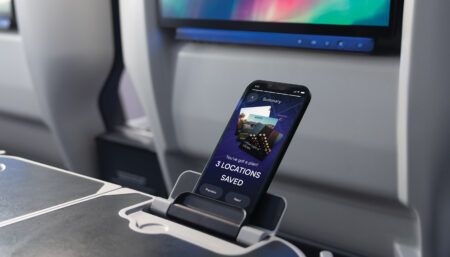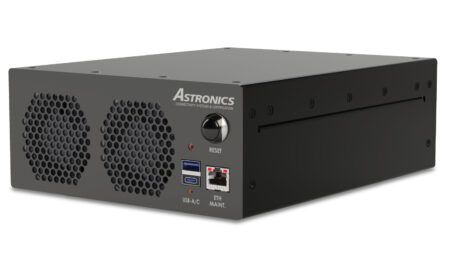An Israeli startup, Hi Auto, has raised US$4.5m of seed round funding to commercialise an audio-visual solution for speaker separation and speech enhancement in vehicles, designed to make voice-based control more reliable. The company is currently focussing on the automotive market, but says the technology could have applications in other fields where accurate speech recognition is required.
The company says that speech recognition platforms today suffer from poor recognition rates in a noisy environment. Hi Auto’s audio-visual approach, which combines a microphone and a camera that tracks the speaker’s lips, is designed to eliminate all noise and make speech recognition in cars work reliably under any noise condition. The company says this cannot be achieved with audio techniques alone. The system is based on a deep learning software programme.
The seed round funding was led by the Israeli car importer Delek Motors and Hi Auto’s active chairman Zohar Zisapel. Other investors were Allied Holdings, holding company of car importer Champion Motors; Singapore-based Goldbell Group, which distributes and leases industrial vehicles; and Plug & Play, which works with automotive corporate partners to introduce innovations. Hi Auto is planning to use the funds to complete the development of its first product, launch sales and expand its team. The company has already established contacts with various automotive players, which are expected to examine its technology in early 2020.
Hi Auto is based in Tel Aviv, Israel, and was founded in February 2019 by CEO Roy Baharav, CTO Eyal Shapira and Zisapel. “When devices operate in multiple speaker and noisy environments such as cars, their recognition reliability goes down dramatically,” said Baharav. “Our audio-visual approach is able to focus on the driver and remove all noises as if the speaker was talking from a recording room. Our solution will make the speech recognition experience in the car and in other environments more satisfying for consumers and enable the introduction of more complex and sensitive capabilities by OEMs.”
A prototype of the solution will be demonstrated at CES 2020, to be held on 7-10 January 2020 in Las Vegas, Nevada.





